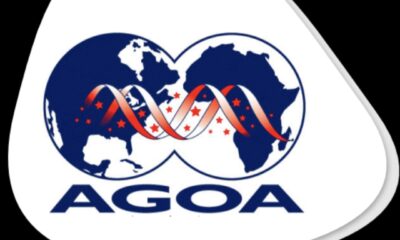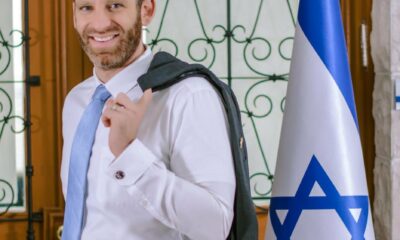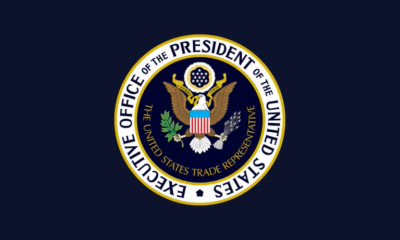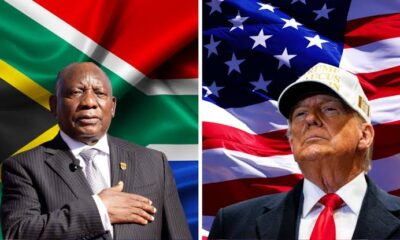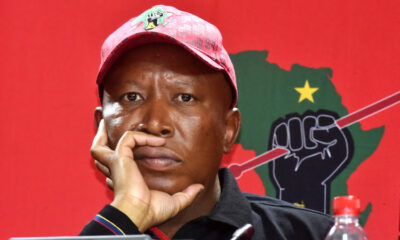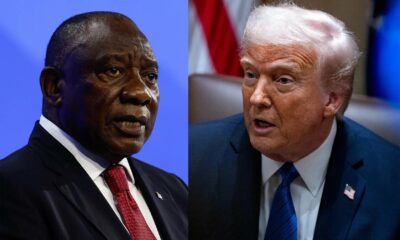News
Ramaphosa UN Speech Calls for Peace, Trade Reform, and End to Embargoes
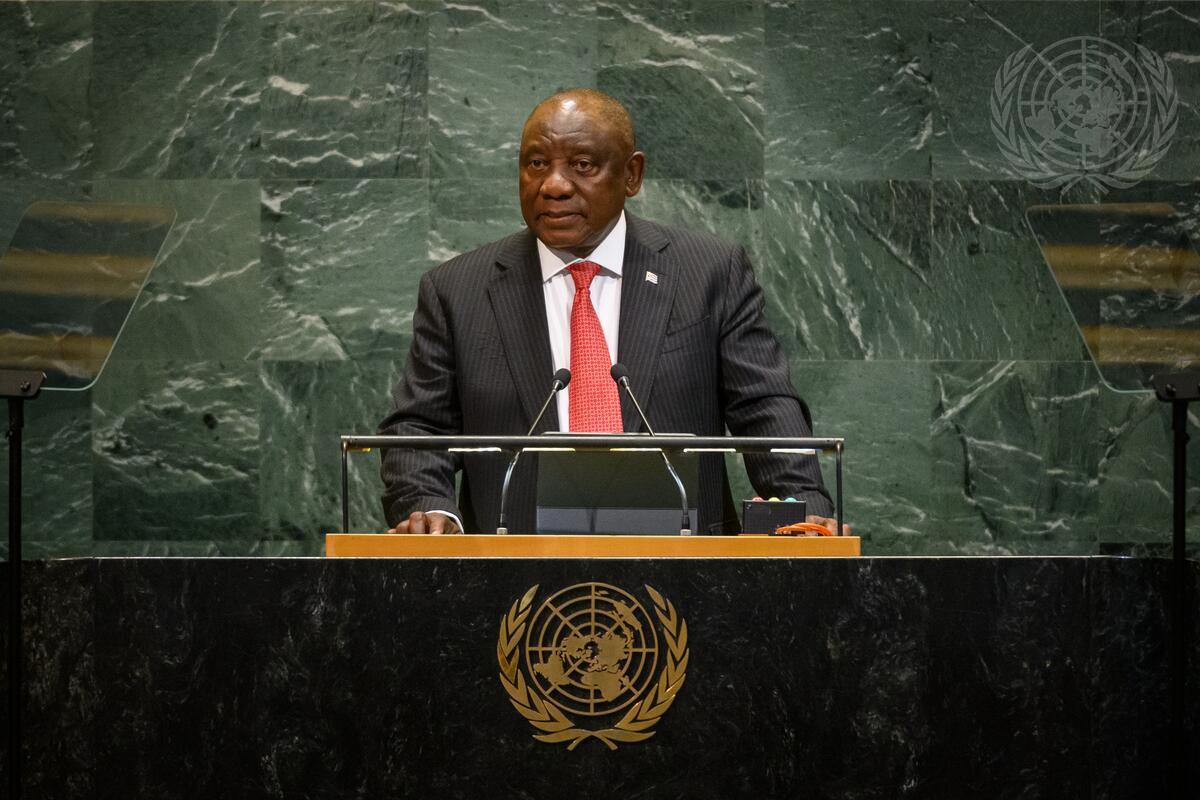
A South African voice at the world’s biggest stage
President Cyril Ramaphosa used his platform at the 80th United Nations General Assembly (UNGA) to deliver a message that cut through diplomatic jargon: stop pouring money into wars and start investing in people. His speech blended a call for global peace, economic fairness, and reform of institutions that have long failed the world’s vulnerable.
“We are building weapons when we should be building social infrastructure,” Ramaphosa told delegates in New York, echoing a frustration many South Africans know too well, when budgets go to arms instead of housing, jobs, and healthcare.
Trade tensions in the spotlight
Beyond peace, Ramaphosa zeroed in on the fragility of global trade. He warned that unilateral practices, coercion, and volatile trade policies were undermining development across the Global South. Without naming names, he took aim at U.S. President Donald Trump’s tariffs and decades-long blockade of Cuba.
“That unfair embargo must be lifted,” Ramaphosa said firmly, noting the devastating impact of Washington’s policy on Havana’s economy.
This was not just rhetorical grandstanding. Back home, South Africa is neck-deep in negotiations with the U.S. over Trump’s 30% tariffs on local exports. Trade Minister Parks Tau has hinted that a breakthrough could be “weeks away,” with both sides exchanging final documents.
By reinforcing the World Trade Organisation (WTO) as the only credible body to settle trade disputes, Ramaphosa positioned South Africa squarely on the side of multilateralisma stance that resonates with many African countries weary of being caught in the crossfire of global power politics.
The failure of global peacekeepers
Ramaphosa’s sharpest criticism, however, was aimed at the United Nations Security Council itself. He argued that the Council had become ineffective, eroding its credibility by failing to enforce international law.
He cited Gaza, the Democratic Republic of Congo, and Sudan as examples of unresolved crises where international inaction has allowed suffering to fester.
South Africa has taken a leading role in challenging global powers at the International Court of Justice (ICJ), especially over the humanitarian catastrophe in Gaza. “There is a growing global consensus that Israel is committing genocide,” Ramaphosa declared, aligning his speech with Pretoria’s landmark ICJ case.
Social media and global reaction
On social platforms back home, reaction was split. Some praised Ramaphosa for standing up to “global bullies” and voicing Africa’s concerns at the world’s most powerful forum. Others were skeptical, pointing out that South Africa itself is grappling with violent crime, inequality, and governance failures.
Internationally, analysts framed his speech as a continuation of South Africa’s post-apartheid foreign policy tradition: solidarity with oppressed peoples, advocacy for multilateralism, and resistance to Western dominance.
Why this matters for South Africa
For ordinary South Africans, the UNGA may feel far removed from daily struggles with load shedding and unemployment. But Ramaphosa’s words carry weight: global trade deals affect local jobs, military conflicts fuel migration and economic shocks, and South Africa’s credibility abroad shapes investment at home.
By calling to “silence all the guns,” Ramaphosa reminded the world and his domestic audience, that true development cannot exist without peace.
{Source: The Citizen}
Follow Joburg ETC on Facebook, Twitter , TikTok and Instagram
For more News in Johannesburg, visit joburgetc.com

